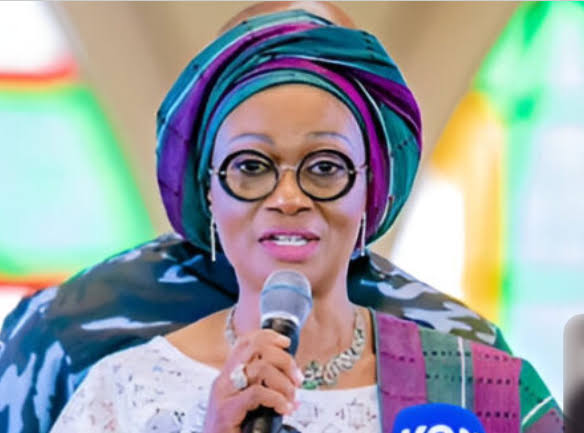Nigeria has launched a nationwide push to combat tuberculosis (TB) with the deployment of advanced diagnostic technology, part of a broader initiative to eliminate the disease by 2030. At a Thursday ceremony in Abuja, authorities commissioned new molecular diagnostic machines funded by First Lady Senator Oluremi Tinubu’s Renewed Hope Initiative (RHI). Represented by Kwara State Governor’s wife Amb. Olufolake Abdulrazaq, Tinubu emphasized that the equipment—valued at ₦1 billion (approximately $668,000)—fulfills a pledge made during World TB Day events in March.
“Tuberculosis is curable, yet too many Nigerians die from it not due to a lack of technology, but because diagnostic tools remain inaccessible,” Tinubu said in a statement. The machines, she noted, will be prioritized in underserved regions to enable rapid, accurate testing, curbing transmission chains and preventing avoidable deaths. Nearly 350,000 TB cases are detected annually in Nigeria, which bears Africa’s highest TB burden, according to health officials. Despite free treatment programs, delayed diagnoses and low public awareness contribute to persistently high mortality rates.
Health Minister Muhammad Ali Pate praised the First Lady’s leadership, citing her role as a national and continental TB advocate. He linked the diagnostic rollout to wider healthcare reforms under President Bola Tinubu’s administration, including integrating TB services into primary care systems and incentivizing health workers. Over 46 million visits to primary care centers were recorded in early 2025—a figure Pate described as evidence of growing public trust in revitalized health infrastructure.
Dr. Godwin Ntadom, Director of Public Health, highlighted the machines’ transformative potential: test results that once took days can now be processed in under 30 minutes. “This is a turning point,” he declared, stressing the need to address systemic delays that exacerbate TB’s spread. Globally, TB claims 1.3 million lives yearly among 11 million new cases, with Nigeria’s challenges mirroring gaps in resource-limited settings.
The World Health Organization’s Nigeria office, represented by epidemiologist Dr. Kumshida Balami, commended the initiative as a critical step toward health equity. Balami urged sustained collaboration among governments, civil society, and private partners to ensure marginalized communities access care. “Ending TB is achievable,” she said, “but it demands political will, community engagement, and innovation.”
Tinubu’s remarks underscored the multidimensional effort required, calling for increased domestic funding, technical support, and cross-sector partnerships. “Health must cease to be a privilege,” she asserted, framing the TB fight as central to Nigeria’s broader aspirations for equitable development. With the deployment of these tools, health officials aim to transform a disease long shrouded in stigma into one swiftly identified, treated, and contained.
